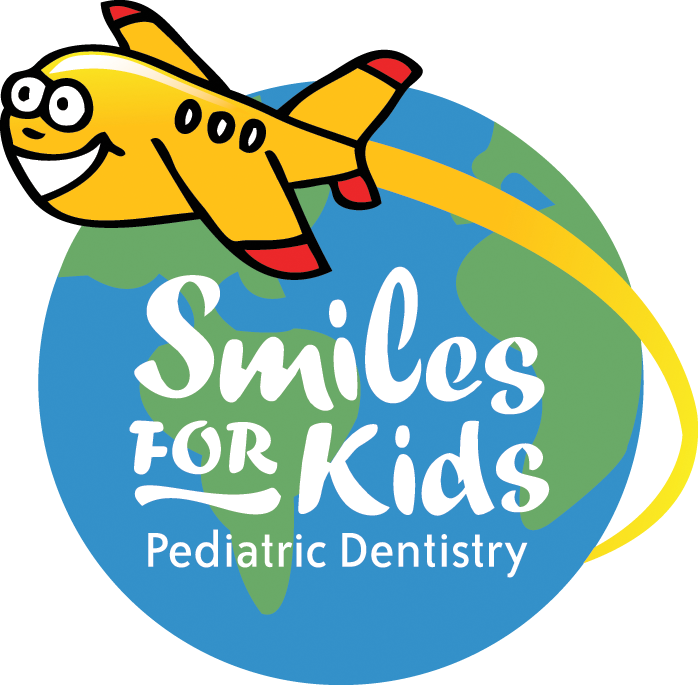Harmful Dental Habits and How to Break Them
/We all have habits, some are good and some are not. And isn’t it frustrating that it’s so easy to create a habit, but so hard to break it?! Good dental habits include brushing your teeth twice a day, flossing, drinking lots of water and visiting the dentist for a check-up twice a year. Harmful dental habits include eating sugary snacks, sucking one’s thumb or a pacifier, biting nails, or grinding teeth. We all know we can cut back on the Skittles and Sour Patch Kids, but let’s talk about some of those other harmful habits and how to help break them!
Sucking is a natural instinct to help babies feel secure, find comfort and self-sooth. According to the American Academy of Pediatrics, pacifiers have also shown to have a protective effect against sudden infant death syndrome (SIDS). However, long-term nonnutritive sucking (past 18 months) can cause unwanted structural changes in the teeth and jaw called “malocclusion.” One example is pushing the top teeth forward creating an “open bite.” This can lead to the tongue thrusting forward and might result in a speech defect (or impairment) like a lisp. Another example is a narrowing of the palate or upper arch resulting in a “posterior crossbite.” This can lead to asymmetric growth of the teeth and face, airway constriction, teeth wear, TMJ problems, and more. These bite changes will likely require orthodontic intervention including palatal expanders or braces. According to the American Academy of Pediatric Dentistry, pacifier use beyond 12 months of age has been linked to an increase of acute otitis media (middle ear infections). We recommend eliminating pacifier habits by 12-18 months. We recommend eliminating thumb or finger sucking habits by age 6 because that’s about the time when permanent teeth start to emerge. The earlier the habit is stopped, the likelier the chance is that the teeth will shift and improve on their own.
Biting nails can cause chipping of the front teeth and shifting teeth out of alignment. Biting nails, thumb or finger sucking, and pacifiers all allow germs in the mouth. Washing hands often and disinfecting pacifiers frequently is recommended!
So how do we break these habits? We have lots of tips andtricks! For pacifiers, options include limiting use to sleepy or stressful times, taking it away cold turkey, gradually cutting the tip off to break the satisfaction of seal, exchanging the pacifier for another object to hold for comfort such as a blanket or stuffed animal, or giving the pacifier to the “Paci Fairy” in exchange for a toy or reward. For thumb sucking, we recommend to first start with positive reinforcement. This might be in the form of rewards like incentives or a sticker chart. If this doesn’t work, then try deterrents such as painting a harmless bitter polish called Mavala on the finger(s). If that doesn’t work either then try a gentle physical barrier like character gloves (i.e. Spiderman or princesses), an elbow bandage to resist the arm-bending reflex, or a T-guard. The T-guard is a commercially available plastic barrier that is strapped to the hand. If all of these approaches are unsuccessful then we can place a special appliance in the mouth to help stop the habit. A nail biter can try the Mavala polish, keep cuticles moistened with lotions or oils, keep nails filed and/or painted, or play with a fidget toy for distraction.
If you have any questions or need help breaking one of these habits, come see us at Smiles For Kids Pediatric Dentistry! Our team is well trained to discuss these habits with you and help guide you through the process of breaking the habit for good!
Dr. Lindhorst, Dr. Theriot and our Smiles For Kids Team
